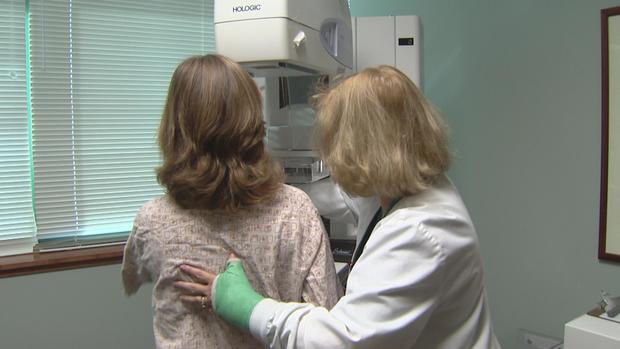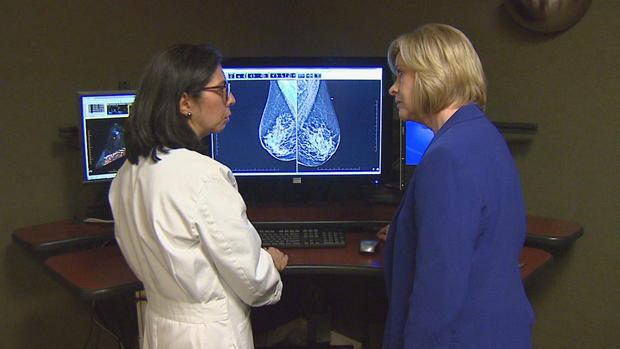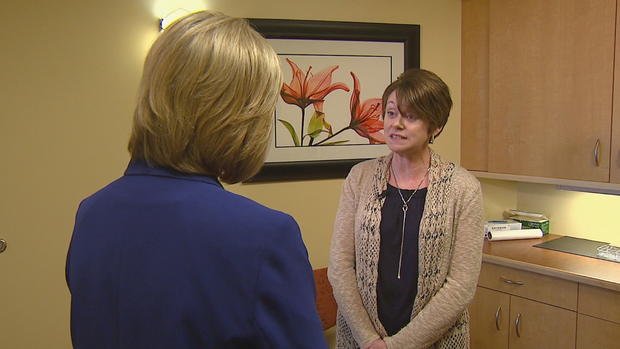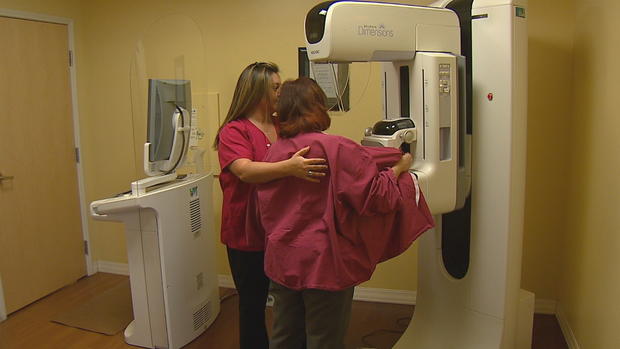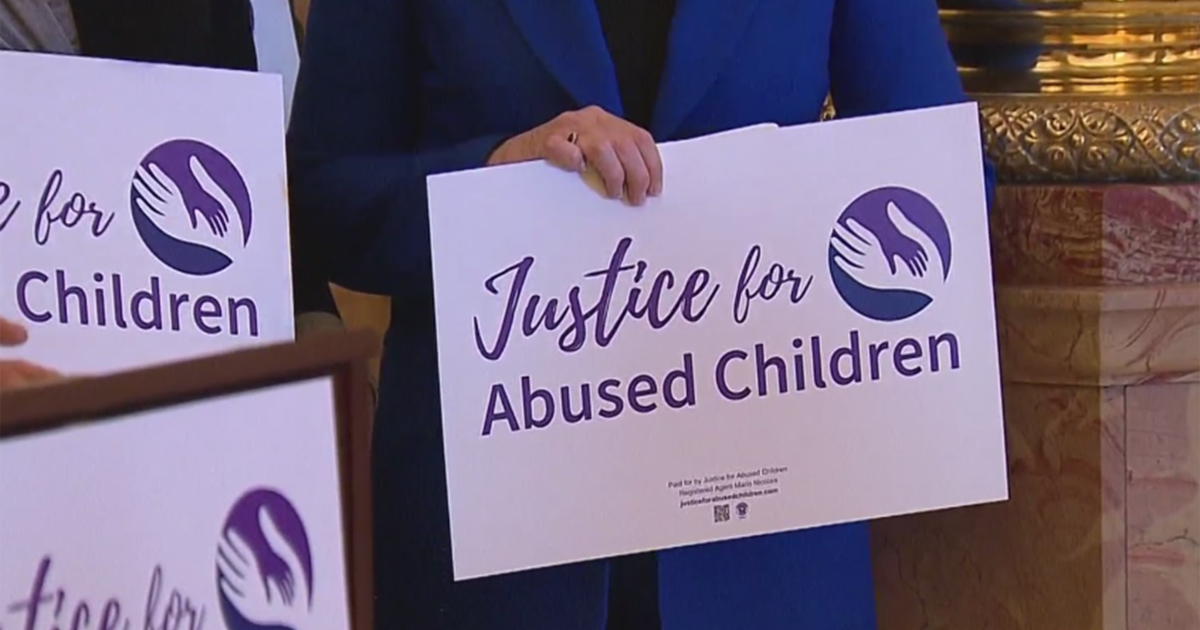New Mammography Guidelines Worry Breast Cancer Experts
By Kathy Walsh
DENVER (CBS4)- The world's largest breast cancer organization is speaking out against new mammography guidelines. The guidelines recommend starting routine mammograms at age 50, not 40.
But the nonprofit Susan G. Komen warns that women age 40-49 risk losing affordable access to screening. The new guidelines go against the long held viewpoint that annual screenings should start at 40.
"Women in their 40s do get breast cancer," Dr. Lora Barke, Medical Director of Invision Sally Jobe, told CBS4 Health Specialist Kathy Walsh.
Barke sees 1,300 cases of breast cancer every year.
"Denver is a very young city and so many women are diagnosed under 50," said Barke.
But final guidelines from the U.S. Preventive Services Task Force raise the recommended age for the start of routine mammograms from 40 to 50. The argument is average-risk women in their 40s don't benefit as much and face greater harm with false positives.
Karen Cary disagrees, "Early detection is key, it always has been."
Cary has no family history of breast cancer, but was diagnosed when she was 44 years old.
If she'd started her mammograms at 50 she says, "I probably wouldn't be here to tell you the truth."
Dr. Barke says, "It's a real shame."
She worries that the 357,373 Colorado women ages 40-49 won't get screened and that with the new recommendations, health insurers will drop coverage for mammography for women under 50.
Barke is on the board of Susan G. Komen Colorado and Vice President of Mission Initiatives. The nonprofit already provides a safety net for women needing breast care, but Barke says there are only so many dollars.
"We estimate about 6,500 women will die each year if these recommendations are followed," Barke said.
In December 2015, Congress imposed a two-year moratorium on the new recommendations. That means insurance coverage won't be affected for the next two years. It's after that that has Barke and others worried.
Kathy Walsh is CBS4's Weekend Anchor and Health Specialist. She has been with CBS4 for more than 30 years. She is always open to story ideas. Follow Kathy on Twitter @WalshCBS4.
